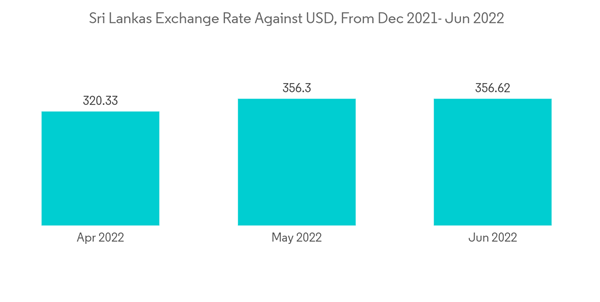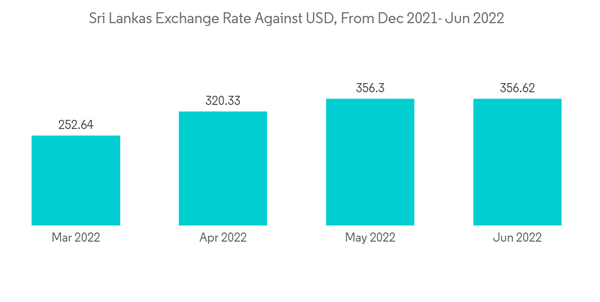Sri Lanka's cyber insurance market is currently very small, yet, it has good growth potential due to supportive internal and external factors. Given the damages from data breaches caused by cyberattacks globally, Sri Lanka's cyber insurance does not provide the necessary levels of coverage for losses. Most firms find the premium amount unacceptably expensive, given their minimal coverage. Additionally, Sri Lankan digital policy, data protection, and cybercrime laws still need to be developed sufficiently to offer effective legal defense and assistance.
Information technology professionals and their management in Sri Lanka are now looking to Cyber insurance products as solutions in managing the risks as incidents of malware, phishing, and ransomware are occurring more frequently in "corporate" Sri Lanka. Although the new Personal Data Protection Act is making its way through Parliament, with increased exposures resulting from "work from home," professionals are experiencing more cyber-attacks than ever. They find the Sri Lankan insurance industry needs to be more responsive to their cyber security needs.
The recent fall of the Sri Lankan currency has driven up the cost of renewing licenses for cybersecurity products. As many businesses experience an increase in phishing and distributed denial-of-service attacks, opportunistic hackers are using the crisis as an excuse to plunder. Cyber insurers are reluctant to renew current coverage as Cybersecurity is the second concern, while the financial crisis is causing food and medicine shortages in the country.
Sri Lanka Cyber (Liability) Insurance Market Trends
Economic Crisis in Sri Lanka is Affecting the Local Cyber-Security
The economic crisis is a double whammy for many banking, industrial, and telecommunications businesses because of poor revenues and depreciating currencies. Cybersecurity poses the prospect of becoming unaffordable for individuals whose security product licenses have expired or are about to do so. For the time being, cyber insurers must refrain from doing business in Sri Lanka. Although cyber insurance is a useful tool for transferring risk, other risk management factors also play a role in the current state of the Sri Lankan cyber market. The crisis has significantly impacted the ability of businesses to invest in cybersecurity.Majority of Cyber-Attacks in Sri Lanka are Initiated From Outside the Country
Due to the economic downturn, opportunists are being active in Sri Lanka's infrastructure breaches, financial fraud, ransomware assaults, and phishing attacks. Government websites are more frequently the target of online vandalism in this nation. A study into such attacks shows that many were initiated from outside the nation's borders and carried out by individuals with hostile motives rather than organized groups. Small-time independent hackers are developing their abilities or testing their luck. Students or photography studios are frequently victims of ransomware in Sri Lanka. Phishing attacks are prevalent in the manufacturing, education, and healthcare industries.Sri Lanka Cyber (Liability) Insurance Industry Overview
Since the market is small, very few players are offering cyber liability insurance in Sri Lanka. Some of the major players offering cyber insurance are Fair-first Insurance, Allianz, AXA XL, Milliman Insurance, etc.Additional Benefits:
- The market estimate (ME) sheet in Excel format
- 3 months of analyst support
Table of Contents
Companies Mentioned (Partial List)
A selection of companies mentioned in this report includes, but is not limited to:
- Fairfirst Insurance
- Milliman Insurance
- Allianz
- AXA XL
- IIRM Lanka










